EDITORIAL
Published on 24 Jun 2024
Editorial: Genome-based nutrition strategies for preventing diet-related chronic diseases: where genes, diet, and food culture meet
doi 10.3389/fnut.2024.1441685
- 1,218 views
8,193
Total downloads
33k
Total views and downloads
EDITORIAL
Published on 24 Jun 2024
ORIGINAL RESEARCH
Published on 28 May 2024
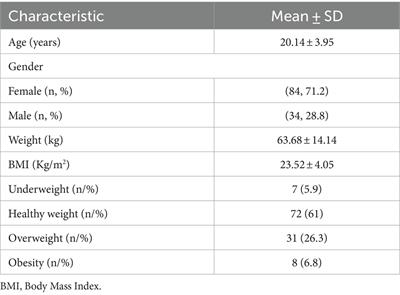
PERSPECTIVE
Published on 24 May 2024
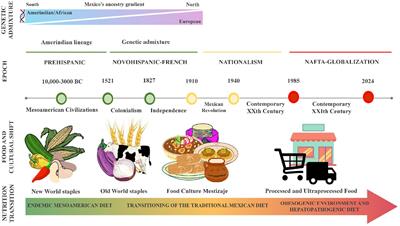
REVIEW
Published on 09 May 2024
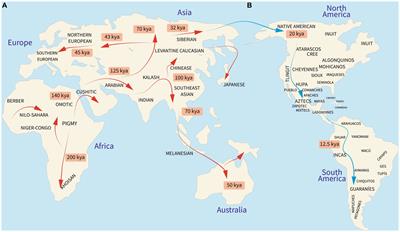
ORIGINAL RESEARCH
Published on 05 Apr 2024
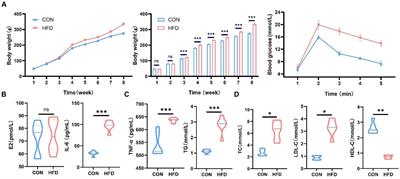
REVIEW
Published on 04 Apr 2024
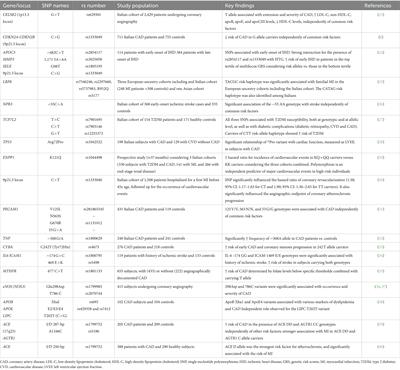
ORIGINAL RESEARCH
Published on 30 Nov 2023
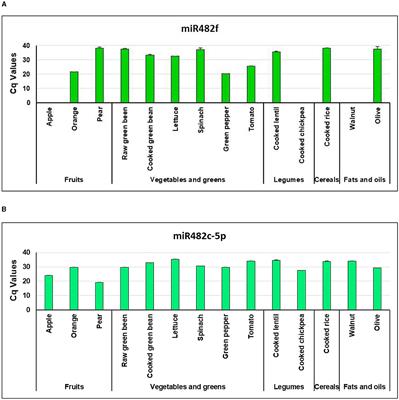
ORIGINAL RESEARCH
Published on 16 Nov 2023
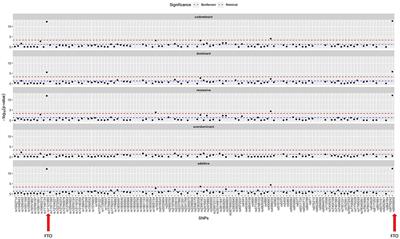
MINI REVIEW
Published on 26 Oct 2023
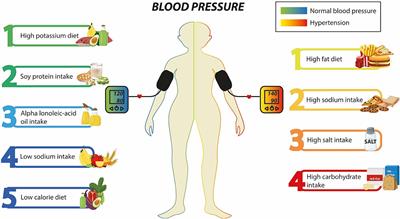
METHODS
Published on 22 Aug 2023
